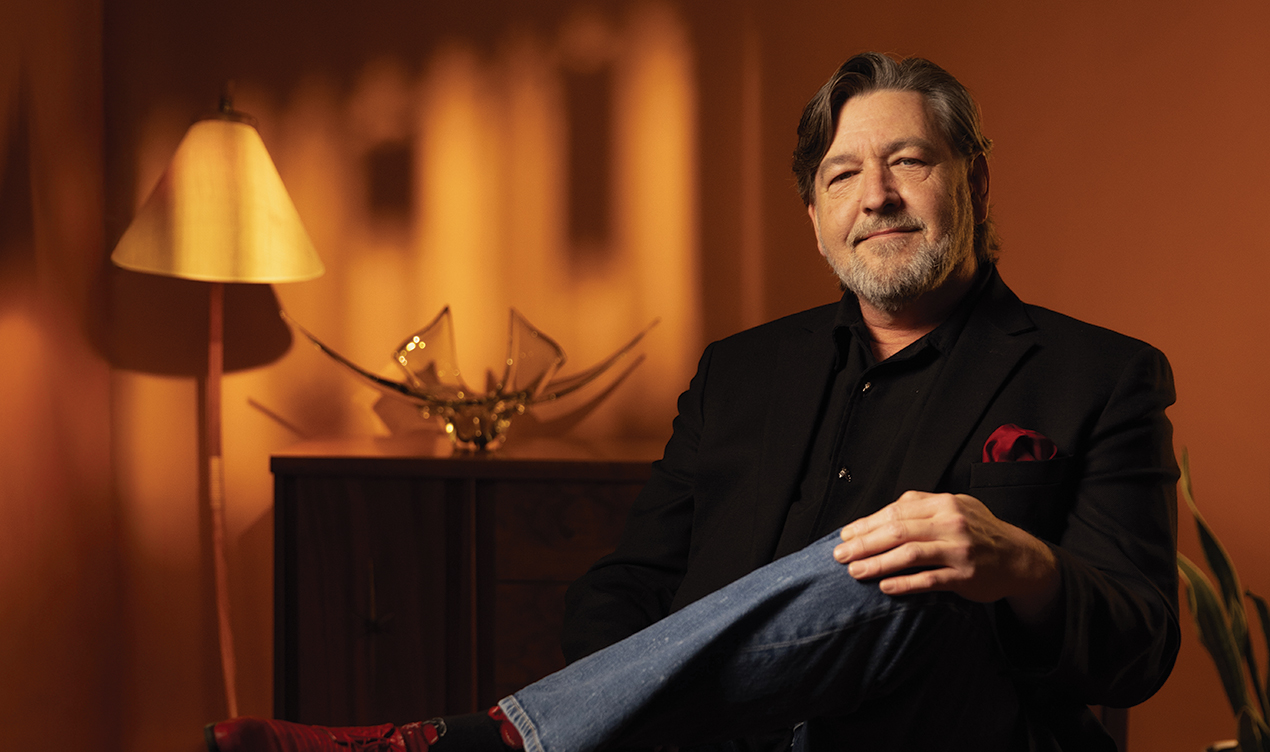Tuesday nights are sabbatical at the Yardbird Suite, and tonight is no different. It is the day of the weekly open jam.
A jazz keyboardist from the United Kingdom sets up on stage — he plays a set later to break the ice. A guitar player checks his sound while mimicking licks on the tune coming through the PA, as visual artist Spyder Yardley-Jones puts the finishing touches on his exhibit in the lobby.
In a few hours, the oldest, continually operating, volunteer-run jazz club in Canada will be stuffed with musicians and music lovers. In the middle of it all, checking in on the players, chatting with the volunteers, and admiring the artwork, is the Yardbird Suite’s first executive director in three decades, Todd Crawshaw.
He was brought on just three years ago when the Edmonton Jazz Society, which runs the club, was considering some shake-ups to help grow its audience. Crawshaw, who has worked for the government, CKUA, Edmonton’s maximum-security prison (through the Edmonton John Howard Society) and Edmonton Rock Fest, says it’s been a good fit.
But if you compared him to a stereotypical jazz club proprietor, you’d be wrong. He isn’t a die-hard jazz purist either. He’s actually a total punk.
“I was a child of the punk scene with SNFU and the Dead Kennedys,” Crawshaw says, while reminiscing with Jones about wild nights at now defunct punk venues. But for him, jazz, punk, and rock music aren’t so different.
“Jazz as an art form was born out of cultural and political racial oppression,” Crawshaw says. “To me it was the original protest music, it was the original punk rock.”
While he loves all sorts of music, those punk years were special for Crawshaw and represent Edmonton’s do-it-yourself arts scene.
“I found that there was a sense that we created our entertainment, and our own culture. Because we’re so far north, I would see that Edmonton would miss out on really good touring acts, big-name people.”
Now, 67 years after it opened (after moving a couple times), the Yardbird is an internationally recognized jazz destination. It gets regular mentions in Downbeat Magazine (the industry’s biggest periodical) and attracts players from Berlin to Brazil.
